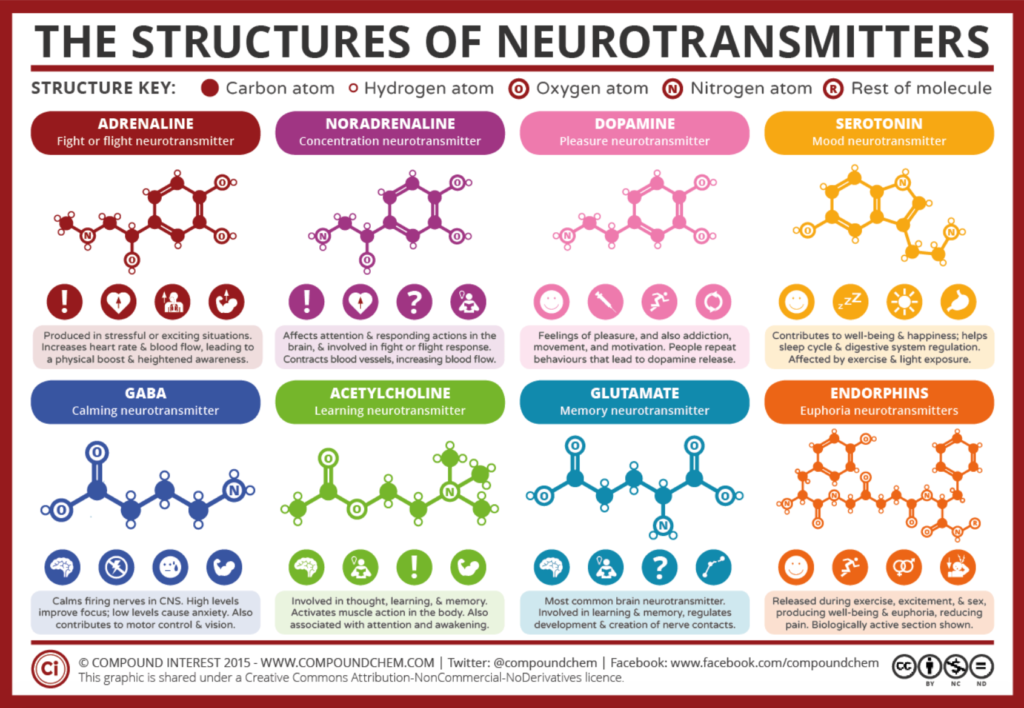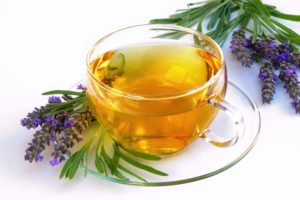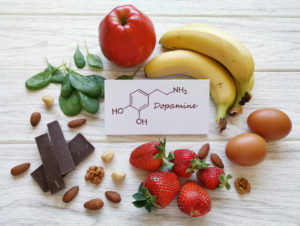What's On This Page?
ToggleIn today’s fast-paced world, we can’t really relax. Stress and anxiety are increasingly prevalent. With ongoing political shifts, wars, and health concerns such as COVID-19 (or moreover long COVID) affecting many, it’s essential to find effective strategies to manage mental stress. If you’re experiencing more stress than usual, you’re not alone. Many people are turning to natural remedies to help soothe their minds during these turbulent times because medications are often addictive, sedating and expensive!
Understanding Stress and Natural Remedies
Before diving into specific remedies, it’s crucial to understand how various supplements and practices can affect our body. Herbal supplements, vitamins, and certain lifestyle changes can enhance the production of feel-good hormones like serotonin, dopamine, oxytocin, and others, helping to create a sense of calm. These hormones help a person relax.
- Herbal Supplements and Vitamins: Just like pharmaceuticals, certain herbal supplements can target the same receptors in the brain. For instance, magnolia herb, kava, and California poppy can affect GABA receptors, similar to how benzodiazepines work.
- Balancing Hormones: Other supplements can help increase or decrease the production of stress-related hormones like cortisol or neurotransmitters like glutamate, which must be carefully balanced to maintain mental wellness. Cortisol is a hormone that if elevated, increases belly fat. If you want to take an at-home urine test that shows you your levels of cortisone, cortisol, estrogen, progesterone, B12, melatonin, and more consider the DUTCH Complete Test.
Effective Home Remedies to Help Relax and Alleviate Stress
Here are some non-supplement ways to reduce stress:
- Interact with Pets: Engaging with pets, especially dogs, can significantly decrease stress levels and combat loneliness.
- Breathing Exercises: Simple breathing techniques can have an instant calming effect. Try to take deep breaths regularly throughout the day to relieve tension.
- Enjoy Music and Dance: Music can distract you from stressors and elevate your mood. Don’t hesitate to dance if you feel like it—it’s a great way to boost your spirits.
- Exercise: Physical activity is vital, especially when access to gyms might be limited. Try home workouts, online fitness classes, or simply take a walk in nature.
- Connect with Nature: Spending time outdoors can profoundly relax your mind. Whether it’s gardening, watching wildlife, or just walking, being in nature is a powerful stress reliever.

Top 8 Natural Supplements for Stress and Anxiety
Here are eight natural remedies that have shown efficacy in managing stress and promoting relaxation:
- Vitamin C: Not only does it boost the immune system, but Vitamin C also helps in the production of neurotransmitters that alleviate stress and help a person relax. Make sure it’s 100% natural if you supplement because most “C” brands are made from corn, not citrus fruits. I sell a perfect blend at my vitamin shop if you need one.
- Chamomile: Known for its calming effects, chamomile tea can be a quick and enjoyable way to reduce anxiety.
You might be interested in this article, Chamomile Helps Arthritis, Blood Thinning And Oral Pain. - Magnesium: Essential for nervous system relaxation, magnesium can be taken in forms that are absorbed well by the body, such as magnesium threonate. You might love my MagFocus® a lot of people do! It’s also available on Amazon like my other products.
- Lavender: Available in various forms like tea and essential oils, lavender influences neurotransmitters to promote relaxation. I grow this in my backyard! It’s amazing how many ways you can use lavender in your life. Here’s my recipe for LAVENDER ROSE SLEEP TEA. Additionally, you may want to read this article, 12 Relaxing And Delicious Herbal Teas For The Holidays.

- GABA Enhancers: Supplements like taurine and herbs such as valerian root and ashwagandha help increase GABA activity, providing a calming effect and more relaxation.
- Green Tea: Best enjoyed during the day, it contains L-theanine, which can improve mood and focus without disrupting sleep. Here are nutrition FACTS.
- Glycine: This amino acid helps in cognitive functions and sleep, stabilizing brain chemicals and promoting tranquility.
- Vitamin B6: Necessary for converting glutamate into GABA, Vitamin B6 helps in reducing anxiety and promoting sleep when taken during the day. I put the biologically active form of By which is P5P (pyridoxal 5′ phosphate) in my Mito B Complex. It also has natural folate!

Relax with Improvements to Your Diet
What you eat also plays a critical role in how you feel. Foods rich in dopamine, such as bananas, chocolate, eggs, and others, can boost your mood and resilience against stress but how long does this last? Is it only for a few minutes while you’re eating them or does the dopamine-boosting effect last longer? Take another 5 minutes to read this article I wrote, Eat Bananas in the Pursuit of Happiness.
I think this is a great article, and it offers more insight into this topic. So please consider reading, 8 Natural Remedies For Stress And Anxiety: Finding Calm Amidst Uncertainty.
Consult Your Healthcare Provider
While these remedies can be purchased at health food stores or online, it’s crucial to consult with a healthcare practitioner. They can guide you based on your specific health needs and conditions, ensuring safe and effective use of natural supplements.

Suzy Cohen, has been a licensed pharmacist for over 30 years and believes the best approach to chronic illness is a combination of natural medicine and conventional. She founded her own dietary supplement company specializing in custom-formulas, some of which have patents. With a special focus on functional medicine, thyroid health and drug nutrient depletion, Suzy is the author of several related books including Thyroid Healthy, Drug Muggers, Diabetes Without Drugs, and a nationally syndicated column.

